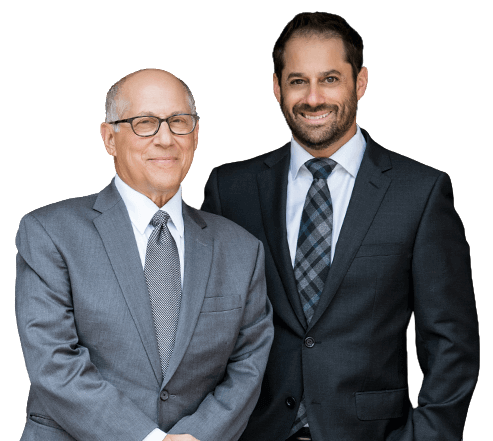The stresses of the modern workplace have serious and adverse impacts on the mental health of many different types of workers. A common question asked by Ohio employees is whether mental disorders are eligible for Social Security Disability insurance (SSDI) benefits. The happy answer is “yes,” but the person seeking such benefits must prove that he or she can satisfy the requirements for these benefits.
Proving the existence of a mental disorder
The criteria for an award of SSDI benefits for a mental disorder have the same general criteria as do other illnesses or medical condition. The condition must be caused by an injury or illness, and that condition must be proved by the written opinion of a medical professional. The condition must be permanent or be expected to result in the death of the claimant within 12 months. The condition must also result in a total disability in the claimant’s ability to perform the duties of the job. Proving both the existence and extent of a total disability will require evidence from the claimant’s employer.
What kind of mental disorders qualify for SSDI benefits?
The SSDI regulations promulgated by the Social Security Administration include 11 categories of mental disorders that may be eligible for SSDI benefits, including
- neurocognitive disorders
- schizophrenia spectrum and other psychotic disorders
- depressive, bipolar and related disorders (
- intellectual disorder
- anxiety and obsessive-compulsive disorders
- somatic symptom and related disorders
- personality and impulse-control disorders
- autism spectrum disorder
- neurodevelopmental disorders
- eating disorders and trauma and stressor-related disorders
Each category has its own specific criteria for diagnosing the disorder that the claimant is alleged to suffer. Whether the claimant’s illness satisfies the criteria for the disorder in question depends heavily upon medical evidence submitted by the claimant.
Conclusion
Anyone who believes that he or she may suffer from a disabling mental disorder may wish to seek the advice of an experienced workers compensation attorney for an evaluation of the evidence and an opinion on the likelihood of succeeding on a claim for SSDI benefits.

